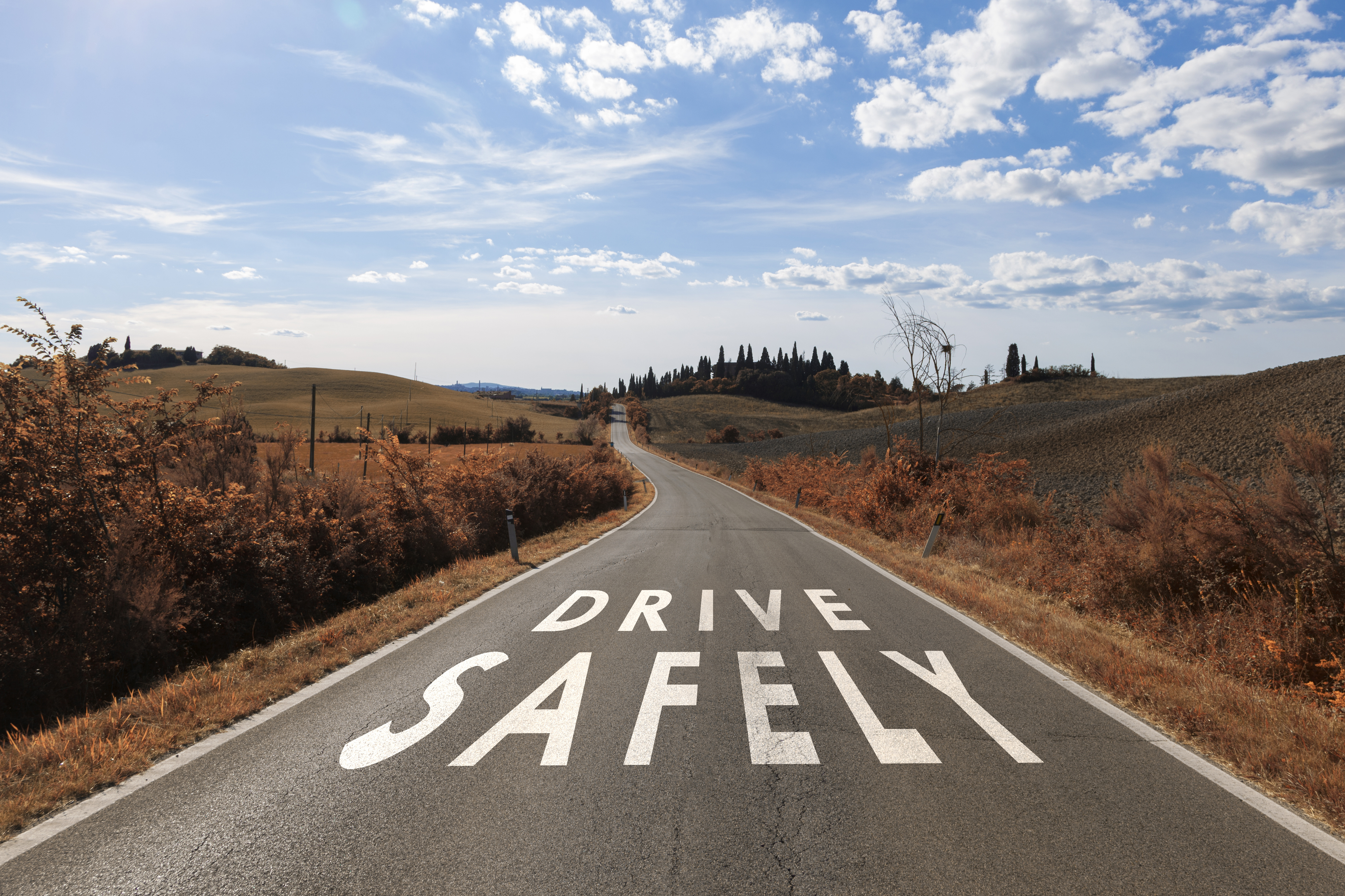5 Tips for Safely Sharing the Road With Truck Drivers

Research by the American Trucking Associations revealed that passenger vehicle drivers are at fault in nearly 75 percent of all fatal car-truck crashes. You can play an important part in reducing crashes by focusing on these 5 tips for sharing the road with truck drivers.
Don’t cut trucks off. At 55 mph, it can take up to a football field for a tractor-trailer to come to a complete stop even in good weather conditions, and it’s nearly double that at 65 mph. When passing a truck, be sure you can see the entire front of the vehicle—from the bumper to the top of the cab—before you move into the trucker’s lane.
Don’t hang out in the “no-zones.” Big trucks have four large blind spots, or no-zones, including:
- Up to 20 feet in front of the hood
- Up to 200 feet behind the trailer
- From the driver’s door to the trailer bulkhead
- On the passenger side, from the front bumper to the back of the trailer, up to 3 lanes wide
A good rule of thumb is if you can’t see the truck driver in the truck’s mirrors, they can’t see you.
Stay back. Tailgating trucks can prevent you from seeing hazards in the road in time to react and can lead to serious rear-end crashes. At highway speeds, be sure you can see the mirrors on both sides of the truck to ensure you are out of the rear no-zone. In city driving or stop-and-go traffic, be sure you can at least see the driver’s side mirror.
Pass trucks safely. Pass trucks on the left whenever possible and be sure you can completely pass the truck before you start your move. Don’t get stuck in the no-zones on either side. Always use your directional and obtain a safe distance in front of the truck before pulling in front of it.
Avoid getting squeezed. Trucks need a lot of space when turning. On right turns, they may first swing wide left to avoid having the trailer run up on the curb or sidewalk as it follows. Don’t pull up on the right side of a turning truck even if there appears to be space—and remember there is a big no-zone there too. At crossroads, left-turning trucks need the full intersection to maneuver, so be sure you stay stopped behind the stop line.
Keep these 5 tips in mind to safely share the road with truck drivers!
An insurance company that cares about you and insuring the things you wish to be insured.
Get a Quote> Find an Agent>

